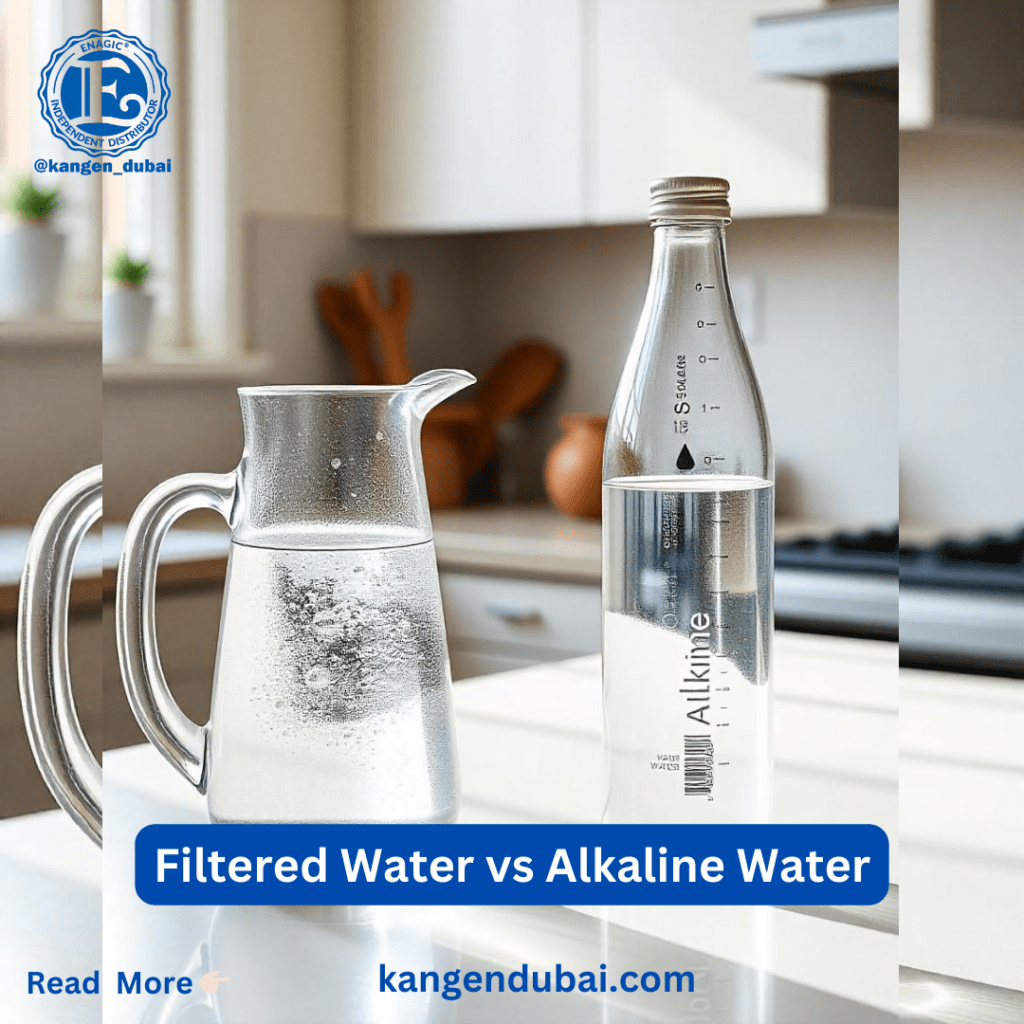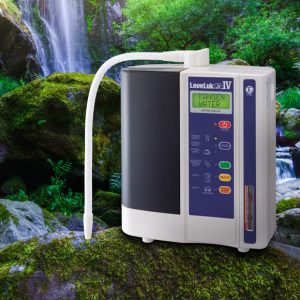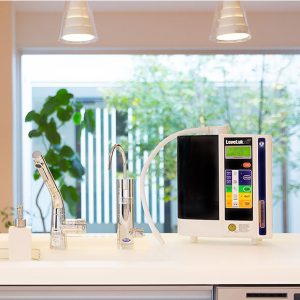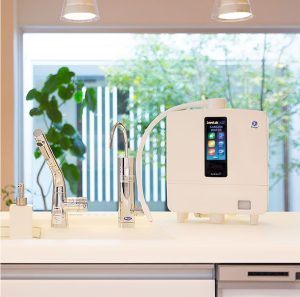With numerous options available for drinking water today, selecting the best one can be overwhelming. Quality, health benefits, cost, and taste all play a crucial role in making an informed choice. This article explores the key differences between alkaline mineral water and filtered water, highlighting what each offers.
Filtered Water
Filtered water is a staple in many households, with a variety of filtration systems available—from simple pitchers to advanced reverse osmosis and whole-house filtration units. While not all filters are equal, some can be quite expensive, with setup costs varying depending on the system chosen. However, over time, investing in a filtration system can prove to be cost-effective.
Most filtered water comes from public sources, including reservoirs or desalination plants. As it travels through miles of metal pipes, its natural crystalline structure can be altered, which some believe impacts its overall quality. According to Masaru Emoto’s research, processed or polluted water loses its natural structure, turning into what is often referred to as “dead water.”
While reverse osmosis systems effectively remove fluoride and other chemicals, they also strip water of essential minerals and trace elements that the body needs, potentially leaving it nutrient-deficient. Additionally, the pH of filtered water can range from acidic to mildly alkaline, which may not be optimal for flushing out toxins. Ideally, water should have a pH level of around 8.0 to maintain a proper balance.
Another concern is fluoride, which is commonly added to public water supplies. Many standard filters do not completely remove fluoride or other contaminants, making it essential to research filtration options carefully. Furthermore, filters can become a breeding ground for microorganisms if not replaced regularly, potentially making the water worse than unfiltered tap water.
No matter which filtration system is chosen, the goal remains the same: to consume clean, chemical-free water. However, there may be a more natural alternative—going directly to the source.
Alkaline Water
Alkaline water comes in two forms: naturally occurring and artificially produced. Natural alkaline water is rare and originates from mineral-rich underground sources, while many commercial alkaline water brands undergo artificial processes to enhance their pH levels.
Water is considered alkaline when its pH is above 7, but for optimal benefits, natural alkaline water typically has a pH of around 8. Unlike artificially enhanced alkaline water, naturally occurring alkaline water contains essential minerals such as calcium, magnesium, silica, and bicarbonates, which help regulate the body’s pH levels and balance acidity.
For example, some natural alkaline waters are formed as water filters through limestone and quartz rock formations over long periods, infusing it with minerals. The mineral composition of the rocks it passes through directly affects the water’s pH and nutritional value.
One of the main benefits of alkaline water is superior hydration, thanks to its rich mineral content. Additionally, alkaline water contains antioxidants that help neutralize free radicals, which may contribute to anti-aging and immune-boosting effects when consumed regularly. However, since mineral content varies between sources, the quality and alkalinity of natural alkaline water can differ significantly.

London tap water crystal

Natural mineral water crystal
Taste and Quality
Taste plays a crucial role in forming long-term habits. The best-tasting water generally has a Total Dissolved Solids (TDS) count between 250 to 500 milligrams per liter. Many bottled spring waters have a bitter aftertaste because they contain less than 250 milligrams per liter of TDS.
High-quality alkaline water, such as Alkalife, has a TDS of 304 milligrams per liter, placing it in the ideal range for smooth, refreshing taste. The International Taste Institute even awarded Alkalife three stars for its exceptional taste.
Final Thoughts
Whether you choose a filtration system or natural alkaline water, the ultimate goal is to consume pure, chemical-free water that supports your health. While filtered water removes contaminants, natural alkaline water goes a step further, offering essential minerals and superior hydration.
For those seeking the most natural and beneficial drinking water, going straight to the source may be the best option. Your health is an investment, and choosing the right water can make a significant difference in your overall well-being.





